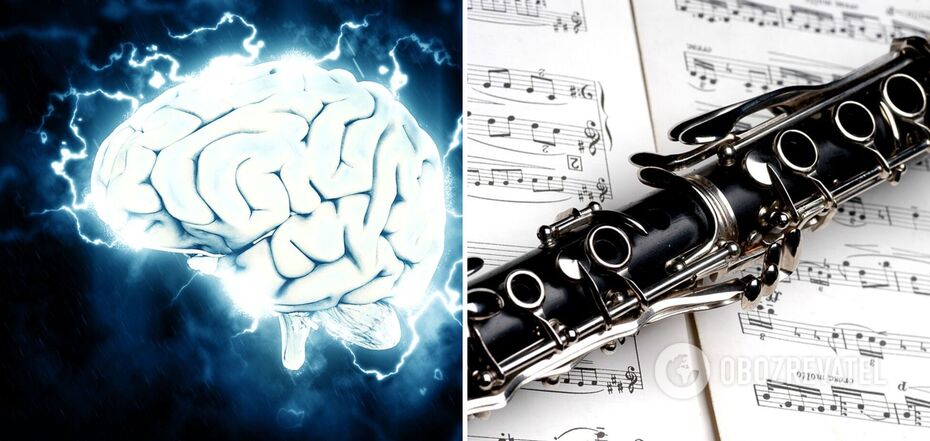Society
An unexpected cure for dementia: the method of a musician neurologist
Dementia is a term used to describe disorders characterized by loss of memory and cognitive abilities. Alzheimer's disease accounts for 60-70% of these conditions. Today, there is no definitive cure, but it is possible to curb the development of the disease. Thus, musical intervention helps to activate the unaffected part of the brain and stimulate the work of other parts, causing an improvement in the well-being and social adaptation of people with dementia.
Music reduces anxiety and improves communication and relationships with caregivers. These conclusions were shared by Borna Bonakdarpour, MD, a neurologist and musician, on the pages of Northwestern Medicine.
The neurologist says that Alzheimer's disease develops according to a certain pattern, starting in the brain structures responsible for memory and moving to those related to the control of the heart, lungs, and swallowing. It is not known why, but the long-term memory of music remains intact until the last stages of the disease progression, so influencing this particular area can yield positive results.
A music therapist can give advice in caring for a sick relative: determine what kind of music calms them down and gives them a sense of security, what instruments they like, and when music therapy is needed. To achieve a therapeutic effect, experts give several recommendations:
1) offer to listen to the music of the patient's teenage years, ask which one was his or her favorite and why - such simple things train long-term memory;
2) observe the person's reaction to certain music, so you can understand which music causes a feeling of pleasure and calm, and which causes excessive anxiety and tension;
3) turn on music as needed - some people need a constant musical background, while for others it is enough to hear their favorite tunes in a state of particular depression and anxiety or to switch attention.
It should be noted that music therapy can benefit not only people with dementia, but also their relatives or care givers. One of Dr. Bonakdarpur's studies showed that music intervention reduces anxiety for both and improves communication, both verbal and non-verbal, such as eye contact.



























